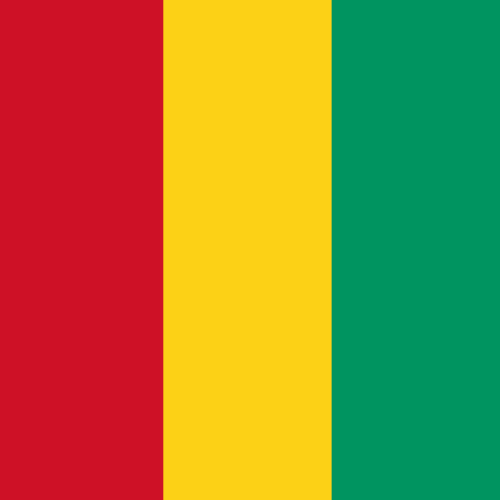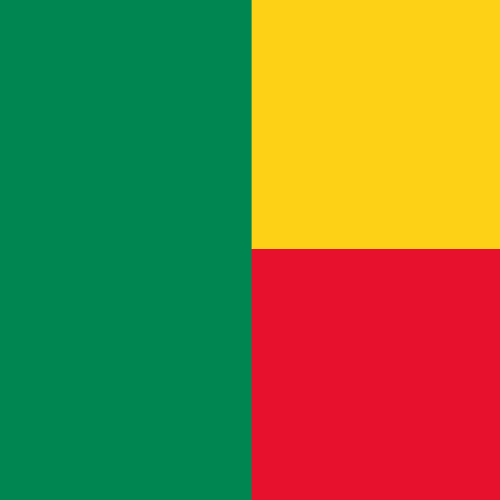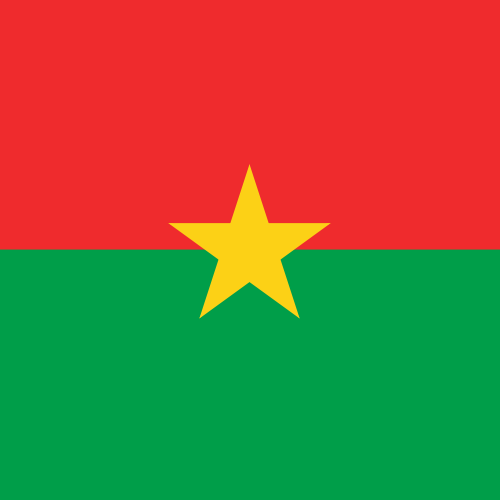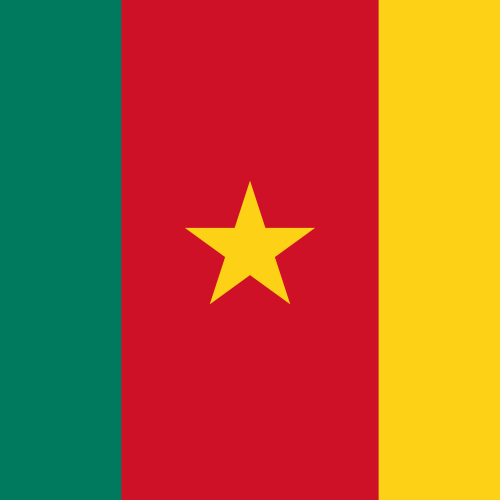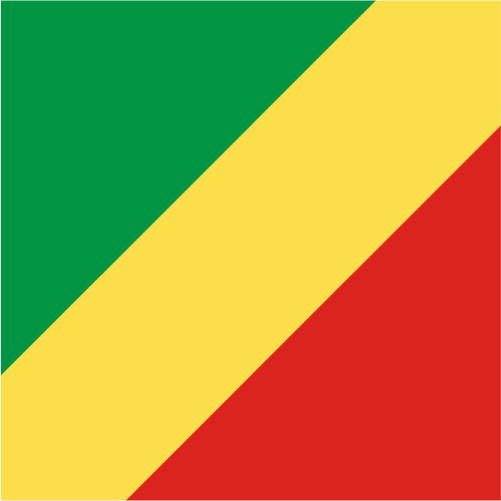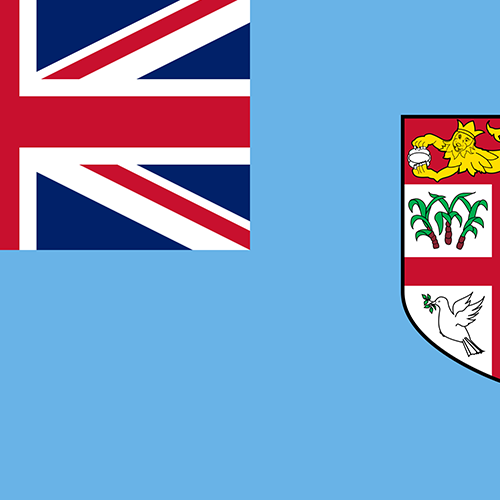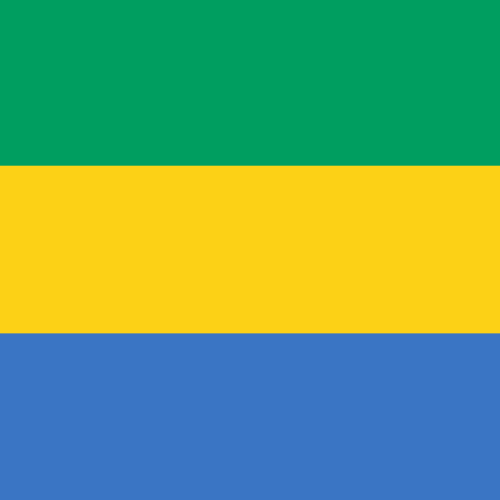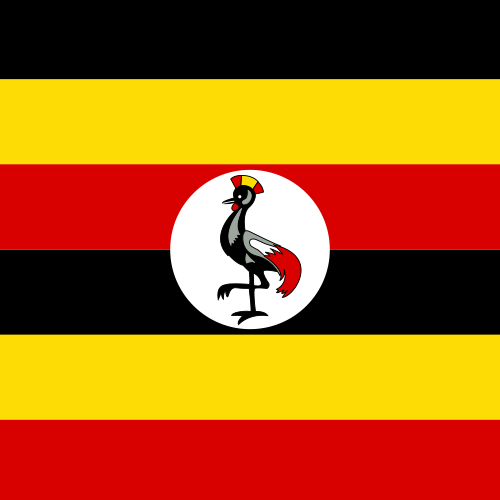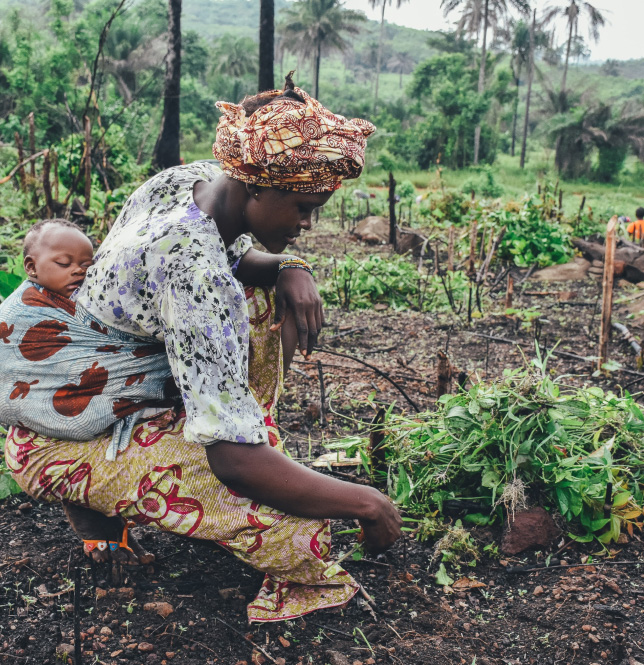BIODEV2030
BIODEV2030 est une approche expérimentale mise en œuvre dans 16 pays pilotes aux contextes socioéconomiques, environnementaux et géographiques multiples. Il vise à apporter aux gouvernements de chacun des pays les moyens d’identifier et d’engager, conjointement avec le secteur privé et la société civile, des mutations profondes dans les secteurs de l’économie ayant une incidence stratégique sur le développement et sur la biodiversité du pays.




